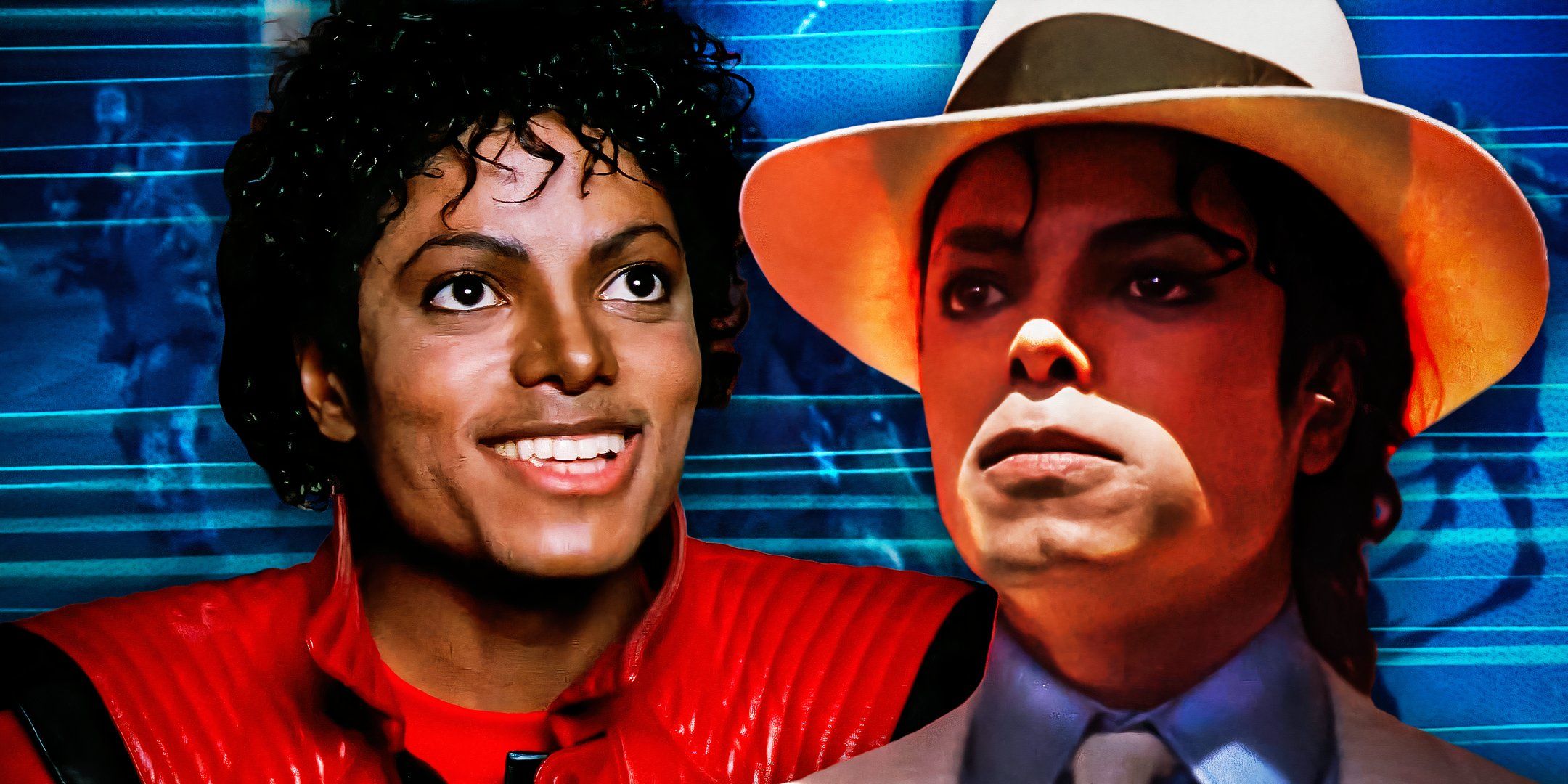[ad_1]

A singer often praised as one of music history’s most meticulous lyricists is none other than Michael Jackson. There’s a reason why he got the nickname King of Pop, and it wasn’t just because he knew how to dance and sing a tune. MJ knew how to write songs with lyricism that was not only catchy, but remained well-thought-out with a message attached.
One of Michael Jackson’s most celebrated songs that carried such an inspired lyricism also evoked some of his biggest controversies. The song in question was “They Don’t Care About Us,” released on April 16, 1996, written and produced solely by Jackson. The fourth single for Jackson’s HIStory album was a deeply personal and political one. Michael Jackson’s career-defining song opens with the lines, “Skinhead, deadhead,” but it was the second verse that had America standing at attention:
Beat me, hate me
You can never break me
Will me, thrill me
You can never kill me
Jew me, sue me
Everybody, do me
Kick me, k*** me
Don’t you black or white me
MJ’s use of the terms “Jew” and “k***” garnered worldwide attention and contributed to tarnishing Jackson’s mainstream reputation.
Why Did Michael Jackson Change the Lyrics on “They Don’t Care About Us?”
Racist Accusations Convinced MJ to Literally Change His Tune
Accompanied by two short film music videos directed by Spike Lee, Michael Jackson’s “They Don’t Care About Us” had the world talking about him, but this time, not because they loved his music. Media publications like The New York Times accused the song of containing examples of racism and antisemitism. “Jew” and “k***” are words that are traditionally used as slurs against those belonging to the Jewish faith. MJ would go back and forth with the media on the matter, but before discussing his response, it’s worth talking about how he chose to reconcile with those he offended.
On June 23, MJ would announce that he planned to return to the studio and remove the words that offended so many people, opting instead to re-record for future re-issues of his record. He promised to replace “Jew me” and “k*** me” with “do me” and strike me.” Instead, future re-issues and remixes of the song would censor the words themselves, obstructing them with loud, inaudible sounds. In addition, future re-releases of the album would arrive with an apology from Michael Jackson. In said apology, he states the following:
There has been a lot of controversy about my song, “They Don’t Care About Us”. My intention was for this song to say “No” to racism, anti-Semitism and stereotyping. Unfortunately, my choice of words may have unintentionally hurt the very people I wanted to stand in solidarity with. I just want you all to know how strongly I am committed to tolerance, peace and love, and I apologize to anyone who might have been hurt.
MJ’s apology would contradict his previous defenses of the song.
How Michael Jackson Defended “They Don’t Care About Us”
Michael Jackson’s Battles with the Media
Before understandably relenting to the widespread controversy by changing his lyrics, Michael Jackson was quick to defend himself and his words. He would first defend himself by releasing the following statement:
“The idea that these lyrics could be deemed objectionable is extremely hurtful to me, and misleading. The song in fact is about the pain of prejudice and hate and is a way to draw attention to social and political problems. I am the voice of the accused and the attacked. I am the voice of everyone. I am the skinhead, I am the Jew, I am the black man, I am the white man. I am not the one who was attacking. It is about the injustices to young people and how the system can wrongfully accuse them. I am angry and outraged that I could be so misinterpreted.”
When subsequently interviewed alongside then-wife Lisa Marie Presley for ABC News’ Prime Time Live, Jackson was adamant that he was “not anti-Semitic because I’m not a racist person.” In the same interview, he’d add, “When I say ‘Jew me, sue me, everybody do me, kick me, k*** me, don’t you black or white me,’ I’m talking about myself as the victim, you know? My accountants and lawyers are Jewish. My three best friends are Jewish … I was raised in a Jewish community.”
… the musicians in question try to use controversial slurs to relate to the idea of otherness and being victimized.
MJ’s use of slurs and his reasoning for them echoes a similar sentiment used by Patti Smith in her 1978 song, “Rock N Roll N*****.” Before that, John Lennon and Yoko Ono made a similar song in 1975 called, “Woman is the N***** of the World.” All three cases are scenarios where the musicians in question try to use controversial slurs to relate to the idea of otherness and being victimized. Whether the rather artistic and ironically colorful approach to lyricism is appropriate or not is up for debate, but it most certainly led to Michael Jackson producing one of his most definitive songs.
Source: The New York Times
[ad_2]
Source link





















